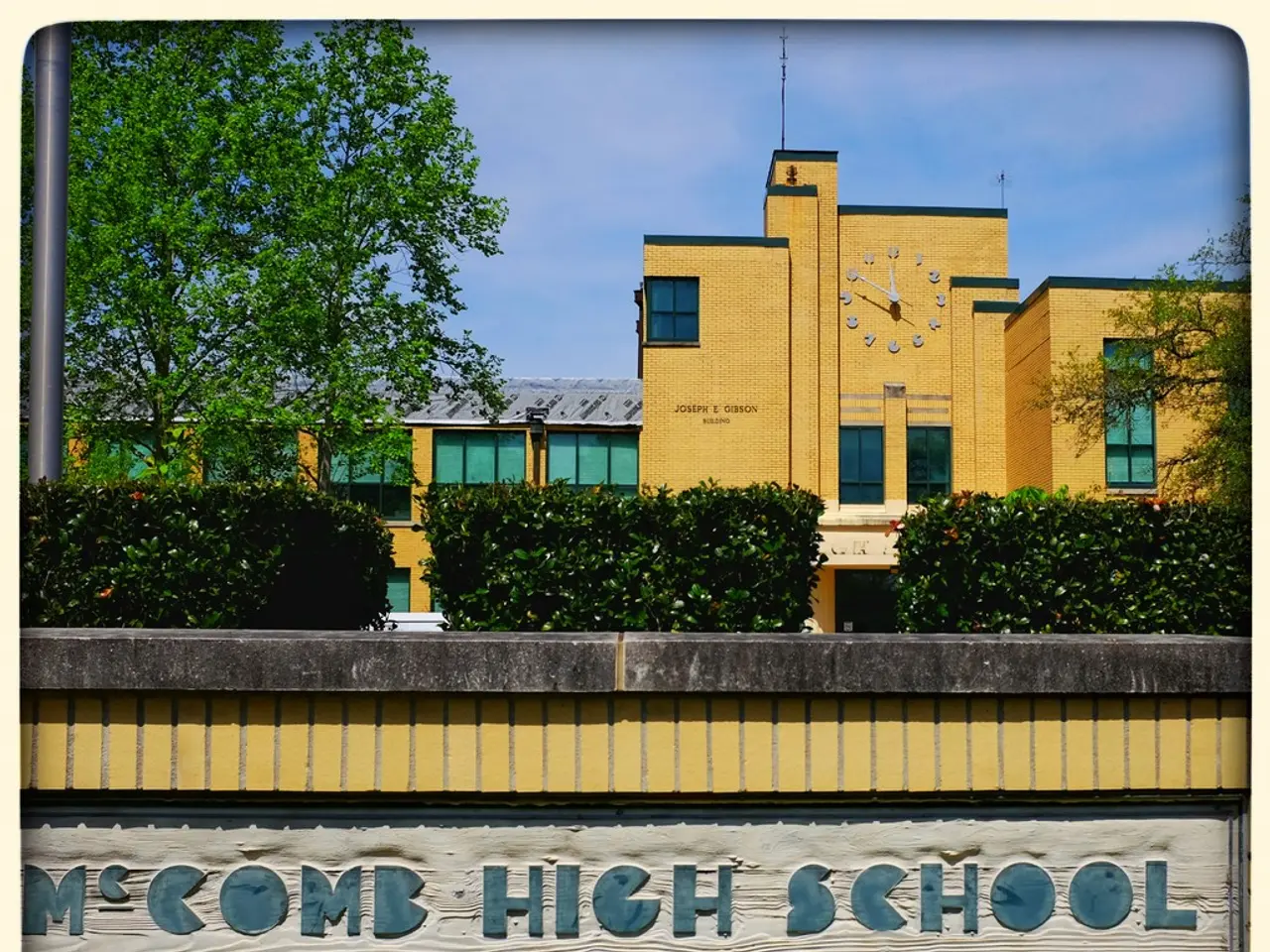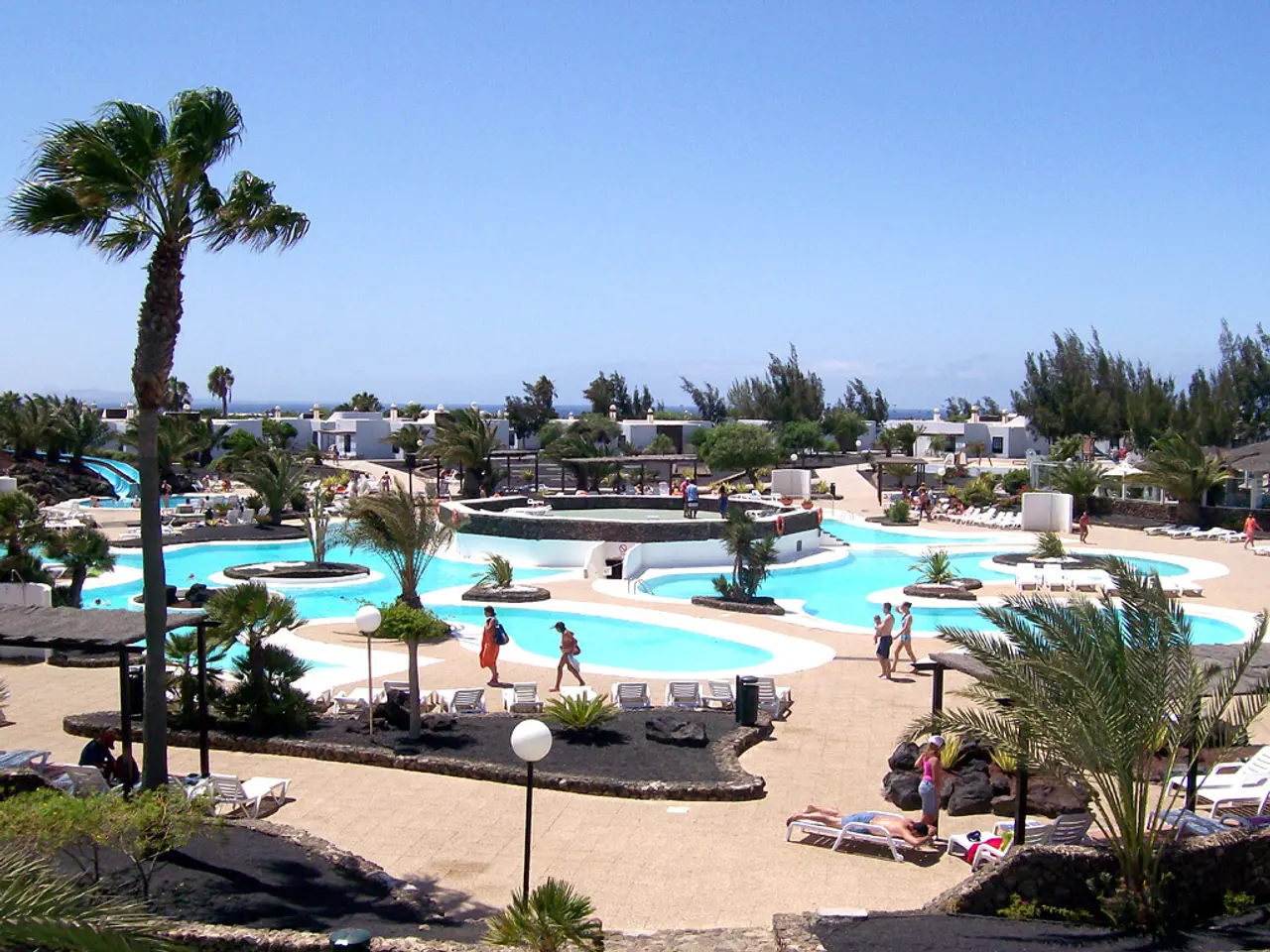Proposed Legislation to Prevent Religious Institutions, Schools from Being Barred Access, Announces Fraser
Canada Cracks Down: New Measures Against Intimidation and Access Blockage
Justice Minister Sean Fraser is leading the charge on fresh legislative proposals, aiming to stamp out the obstruction of access to places of worship, schools, and community centers, as well as the intimidation or threats faced by attendees of these venues [1][5].
The Liberal government has promised these new provisions, drawing attention during the latest federal election campaign. Tensions within Canadian communities have escalated, with many public disputes triggered by ongoing conflicts abroad [1].
Recent actions by Canadian municipalities have mandated "bubble zones" that limit protest activity near religious institutions, schools, and childcare centers [1]. Minister Fraser acknowledges the varying approaches by different levels of government yet remains confident about the opportunity for the federal government to step in when conduct transgresses the criminal threshold [1].
He emphasizes the pressing challenges faced by certain religious communities in Canada, particularly those grappling with antisemitism, Islamophobia, and other forms of hate [1]. The government asserts the importance of ensuring that individuals can pray freely and express themselves, but only up to a point that doesn't infringe upon the Charter rights of religious minorities.
James Turk, director of the Centre for Free Expression at Toronto Metropolitan University, questions the necessity of these new provisions. In his view, existing laws are sufficient to handle the behaviors that the government aims to address. He suggests that policymakers may merely be proposing penalties to appear proactive in response to public pressure [1].
Anaïs Bussières McNicoll, director of the fundamental freedoms program at the Canadian Civil Liberties Association, shares Turk's concerns about the scope and necessity of the proposed federal provisions [2]. Protests, though potentially disruptive, are often protected by the Charter of Rights and Freedoms' guarantee of peaceful assembly.
Teaching children the importance of democracy and the role of protests is part of being a responsible parent, according to McNicoll. It's essential to educate kids about the value of protests, allowing space for diverse opinions, and preparing them to respond to speech they disagree with [2].
Richard Robertson, director of research and advocacy at B'nai Brith Canada, supports the planned federal provisions but believes additional measures are necessary [2]. Specifically, B'nai Brith advocates for national "vulnerable infrastructure legislation." This proposed legislation would prohibit protests within a certain distance of a place of worship, school, or cultural institution or during specific periods, if they interfere with someone's ability to attend these institutions [2].
As the debate continues, one thing is clear: the government's new proposals raise valid concerns about the balance between public safety, free expression, and right to assemble in Canadian society [1][2].
Sources:
[1] Canadian Press, "Federal government plans new laws to combat access blockages, threats at places of worship," CBC News, June 28, 2025.
[2] Canadian Press, "Bubble zones: Should governments limit protest activity near sensitive sites?", Toronto Star, December 15, 2023.
This report was originally published by The Canadian Press on June 28, 2025, and written by Jim Bronskill.
During the Canadian Press interview, Justice Minister Sean Fraser discussed the Liberal government's new policy-and-legislation proposals, aiming to address issues such as protests near sensitive sites like places of worship, schools, and community centers [1]. In a subsequent article by the Canadian Press, Anais Bussieres McNicoll of the Canadian Civil Liberties Association raised concerns about the proposed federal provisions, citing the Charter of Rights and Freedoms' protection of peaceful assembly [2].






